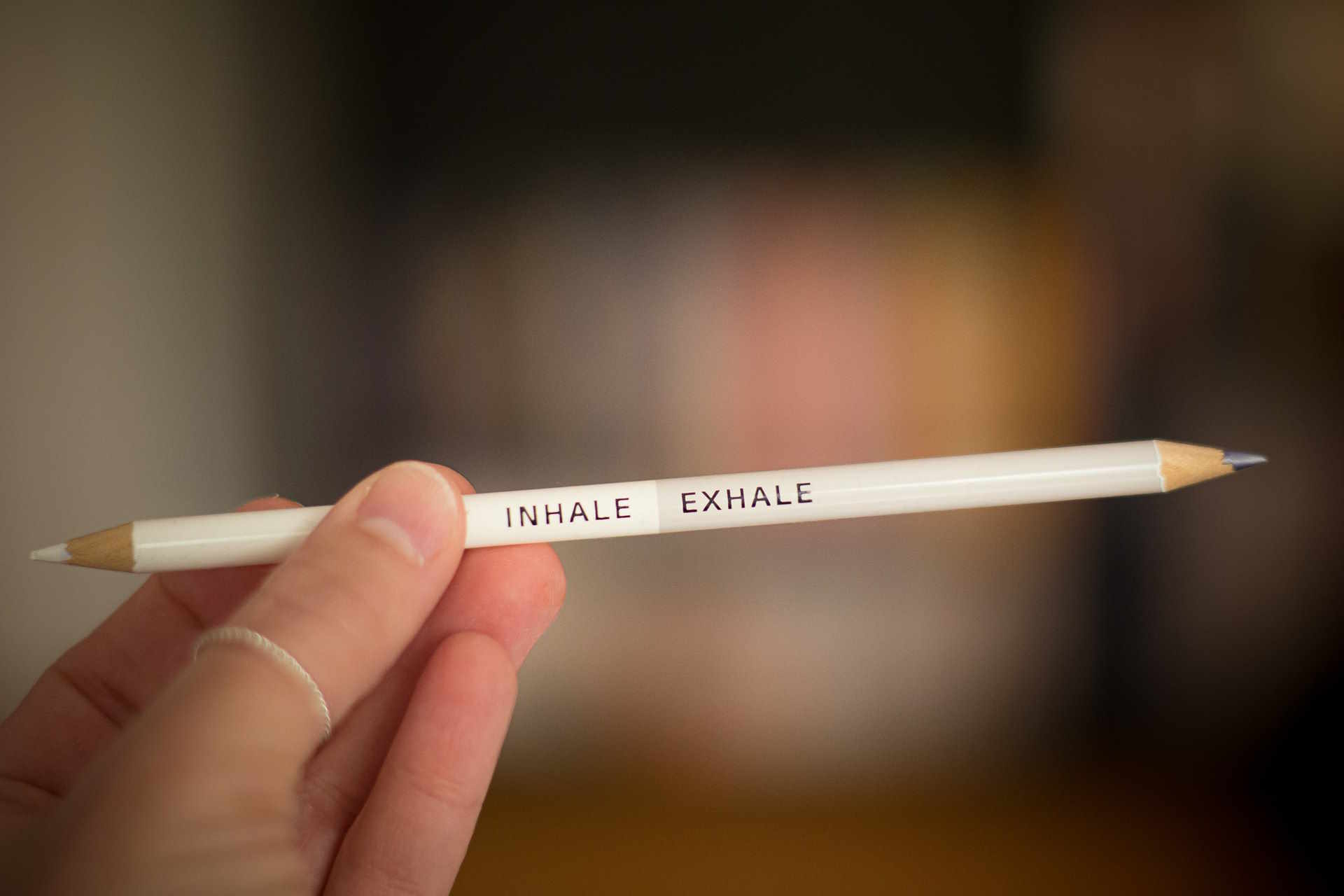Understanding and Managing Anxiety: Effective Treatment Approaches
Anxiety is one of the most common mental health conditions worldwide, affecting millions of people across different age groups. While experiencing occasional anxiety is a normal part of life, persistent, excessive worry that interferes with daily activities may indicate an anxiety disorder. Fortunately, various effective treatment options are available to help manage anxiety symptoms and improve quality of life. This article explores different approaches to anxiety treatment, from therapy and medication to lifestyle changes and self-help strategies.

What Are the Common Symptoms of Anxiety Disorders?
Anxiety manifests through both physical and psychological symptoms that can significantly impact daily functioning. Physical symptoms often include rapid heartbeat, shortness of breath, sweating, trembling, fatigue, and sleep disturbances. Psychological symptoms typically involve excessive worry, restlessness, irritability, difficulty concentrating, and a persistent sense of impending danger or doom. Many people also experience ruminating thoughts that are difficult to control. The intensity and combination of these anxiety symptoms vary between individuals, with some experiencing mild discomfort while others face debilitating effects that interfere with work, relationships, and overall well-being.
How Does Cognitive Behavioral Therapy Help Anxiety?
Cognitive Behavioral Therapy (CBT) stands as one of the most effective and well-researched treatments for anxiety disorders. This structured therapeutic approach helps individuals identify and challenge negative thought patterns that contribute to anxiety symptoms. CBT teaches practical skills to recognize distorted thinking, evaluate the reality of anxious thoughts, and develop healthier thought patterns. Additionally, the behavioral component helps people gradually confront anxiety-provoking situations through controlled exposure, reducing avoidance behaviors that maintain anxiety over time. Research consistently shows that CBT produces significant improvement in anxiety symptoms, with benefits often maintained long after treatment ends. Many patients experience substantial relief within 12-16 sessions, making it a relatively time-efficient anxiety treatment option.
What Medications Are Used to Treat Anxiety Disorders?
Medication can be an important component of anxiety treatment, especially for moderate to severe cases. Selective serotonin reuptake inhibitors (SSRIs) like sertraline, escitalopram, and fluoxetine are typically the first-line medications prescribed for anxiety disorders due to their effectiveness and relatively manageable side effect profiles. Serotonin-norepinephrine reuptake inhibitors (SNRIs) such as venlafaxine and duloxetine represent another common option. For short-term relief of acute anxiety symptoms, benzodiazepines may be prescribed, though these carry risks of dependence and are not ideal for long-term use. Beta-blockers can help control physical symptoms like rapid heartbeat during specific anxiety-provoking situations. Medication effectiveness varies by individual, and finding the right medication often requires working closely with healthcare providers to monitor effects and adjust as needed.
Can Lifestyle Changes Reduce Anxiety Symptoms?
Implementing certain lifestyle changes can significantly reduce anxiety symptoms and complement formal treatment approaches. Regular physical exercise releases endorphins that naturally improve mood and reduce tension, with even 30 minutes of moderate activity several times weekly showing benefits for anxiety management. Proper sleep hygiene is crucial, as sleep disruption and anxiety often create a troublesome cycle that exacerbates symptoms. Limiting caffeine, alcohol, and recreational drugs helps prevent anxiety triggers, while practicing stress-management techniques like deep breathing and progressive muscle relaxation provide immediate anxiety relief during difficult moments. Maintaining balanced nutrition and establishing consistent daily routines further contribute to overall emotional stability and resilience against anxiety symptoms.
What Role Do Mindfulness and Relaxation Techniques Play?
Mindfulness and relaxation practices have emerged as powerful tools for managing anxiety symptoms in both clinical settings and everyday life. Mindfulness meditation teaches individuals to observe thoughts and feelings without judgment, creating distance from anxiety-provoking rumination. Regular practice strengthens the ability to stay present rather than worrying about the future or dwelling on past events. Deep breathing exercises activate the parasympathetic nervous system, counteracting the fight-or-flight response triggered during anxiety. Progressive muscle relaxation reduces physical tension that accompanies anxiety, while guided imagery provides mental escape from stressful situations. Research shows these techniques actually change brain function over time, strengthening areas associated with emotional regulation while weakening anxiety response pathways.
What Are Alternative and Complementary Anxiety Treatments?
Beyond conventional approaches, several alternative and complementary treatments show promise for anxiety management. Acupuncture, derived from traditional Chinese medicine, may help reduce anxiety by influencing neurotransmitter activity and promoting relaxation. Herbal supplements like lavender, passionflower, and ashwagandha have demonstrated anxiety-reducing properties in some studies, though they should be used with caution and medical supervision due to potential interactions with medications. Regular yoga practice combines physical movement, breathing techniques, and meditation elements that collectively address both physical and psychological aspects of anxiety. Art therapy and music therapy provide creative outlets for processing emotions and reducing anxiety without requiring verbal expression. While these approaches generally have fewer research studies supporting them compared to conventional treatments, they may serve as valuable adjuncts to established anxiety treatment protocols.
This article is for informational purposes only and should not be considered medical advice. Please consult a qualified healthcare professional for personalized guidance and treatment.
When Should You Seek Professional Help for Anxiety?
Distinguishing between normal worry and an anxiety disorder requiring treatment is important. Professional help should be considered when anxiety symptoms persist for weeks or months, significantly interfere with daily functioning, or cause substantial distress. Warning signs include avoiding important activities due to fear, experiencing panic attacks, developing compulsive behaviors to manage anxiety, or having anxiety following traumatic events. If anxiety leads to thoughts of self-harm or suicide, immediate professional assistance is critical. Early intervention typically leads to better outcomes, so reaching out when symptoms first become concerning is recommended. Primary care physicians can provide initial assessments and referrals to mental health specialists who can develop tailored anxiety treatment plans combining appropriate therapeutic approaches.




